A viral conversion story and the paradox of choosing to leave modernity

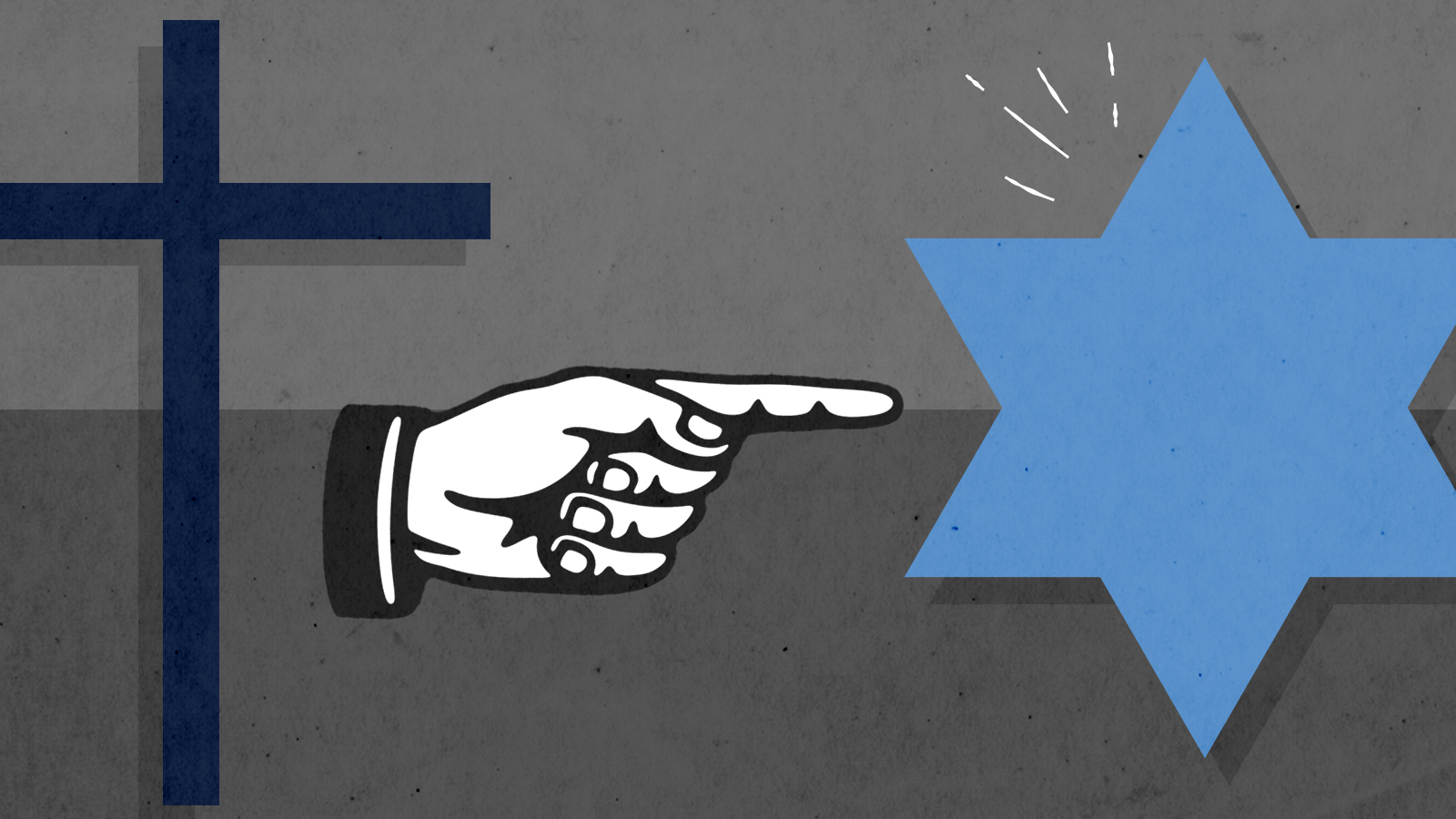
A free daily email with the biggest news stories of the day – and the best features from TheWeek.com
You are now subscribed
Your newsletter sign-up was successful
Tech entrepreneur and author Antonio García Martínez made waves over the weekend with a Substack post about his decision to leave behind "cultural Catholicism" in favor of Judaism. The main reason the post has people talking is García Martínez's case for conversion has more to do with his hostility to secular modernity than a positive defense of specifically Jewish scripture or tradition.
That makes his conversion story exceedingly modern.
García Martínez is best known online for an episode earlier this year in which he was hired and then quickly fired by Apple after other employees objected to passages of his book Chaos Monkeys: Obscene Fortune and Random Failure in Silicon Valley that, they claimed, ran afoul of Apple's policies on diversity and inclusion. In the months since, García Martínez has become a prominent anti-progressive gadfly on Twitter, regularly mocking so-called cancel culture and "woke" trends online and in the country more broadly.
The Week
Escape your echo chamber. Get the facts behind the news, plus analysis from multiple perspectives.

Sign up for The Week's Free Newsletters
From our morning news briefing to a weekly Good News Newsletter, get the best of The Week delivered directly to your inbox.
From our morning news briefing to a weekly Good News Newsletter, get the best of The Week delivered directly to your inbox.
His post announcing and explaining his conversion to Judaism is very much of apiece with his anti-woke tweets. García Martínez defines modernity as the application of individual choice to an ever-greater portion of the human world, including (via the "liberal project" that is its political corollary) morality and faith. Yet human flourishing depends, he says, on the acceptance of various "unchosen obligations" (to family, to community, to God) that form the backdrop of a morally and spiritually satisfying life. Hence his attraction to Judaism, an ancient, communally based system of laws that seems far more secure than our confusingly fluid world of freely choosing individuals.
Which means that García Martínez is converting to Judaism in order to escape secular modernity — but isn't his own decision to convert itself an individual choice? And as such, isn't it just as much an expression of the modern mindset as any of the trends he denounces here and in his broader social media commentary?
Yes, it's a choice to stop choosing, but that still grounds his conversion in an act of the individual mind and will. García Martínez will always know that what can be chosen can also be unchosen — that he can choose to leave Judaism with an ease that would have felt quite foreign to a premodern Jew.
This doesn't mean that García Martínez is making a mistake in becoming Jewish. (I have my own complicted history with Judaism, Catholicism, and conversion.) But it does mean that doing so isn't likely to liberate him from modernity, returning him to the premodern world as conservatives like to imagine it — a world defined by fated obligations individuals have no choice but to take on and accept with gratitude and fulfillment.
A free daily email with the biggest news stories of the day – and the best features from TheWeek.com
Choosing is the destiny of human beings, from which we will never be rescued.
Damon Linker is a senior correspondent at TheWeek.com. He is also a former contributing editor at The New Republic and the author of The Theocons and The Religious Test.
-
 The environmental cost of GLP-1s
The environmental cost of GLP-1sThe explainer Producing the drugs is a dirty process
-
 Greenland’s capital becomes ground zero for the country’s diplomatic straits
Greenland’s capital becomes ground zero for the country’s diplomatic straitsIN THE SPOTLIGHT A flurry of new consular activity in Nuuk shows how important Greenland has become to Europeans’ anxiety about American imperialism
-
 ‘This is something that happens all too often’
‘This is something that happens all too often’Instant Opinion Opinion, comment and editorials of the day
-
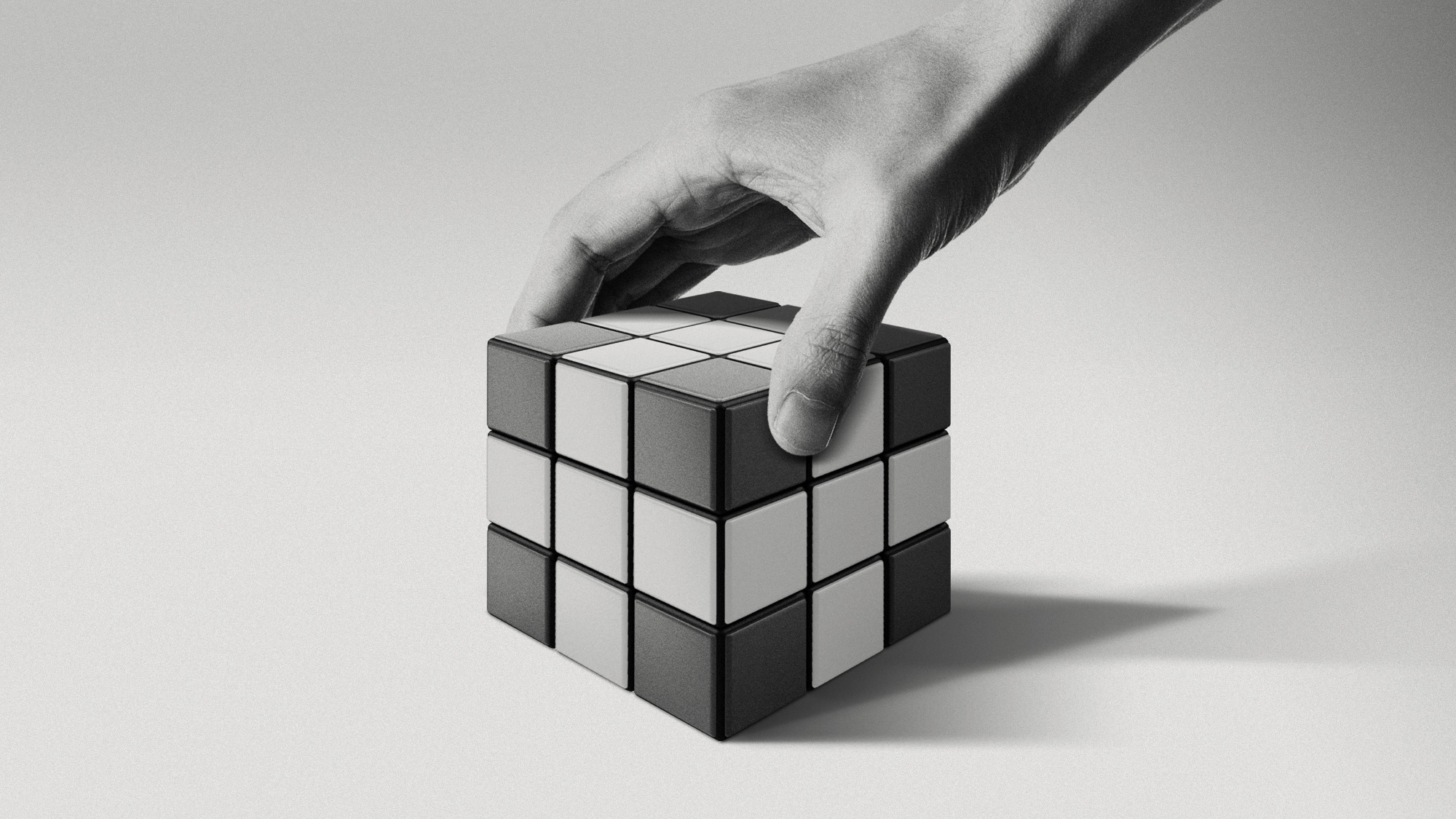 How will the next pope change the Catholic Church?
How will the next pope change the Catholic Church?Talking Points Conclaves can be unpredictable
-
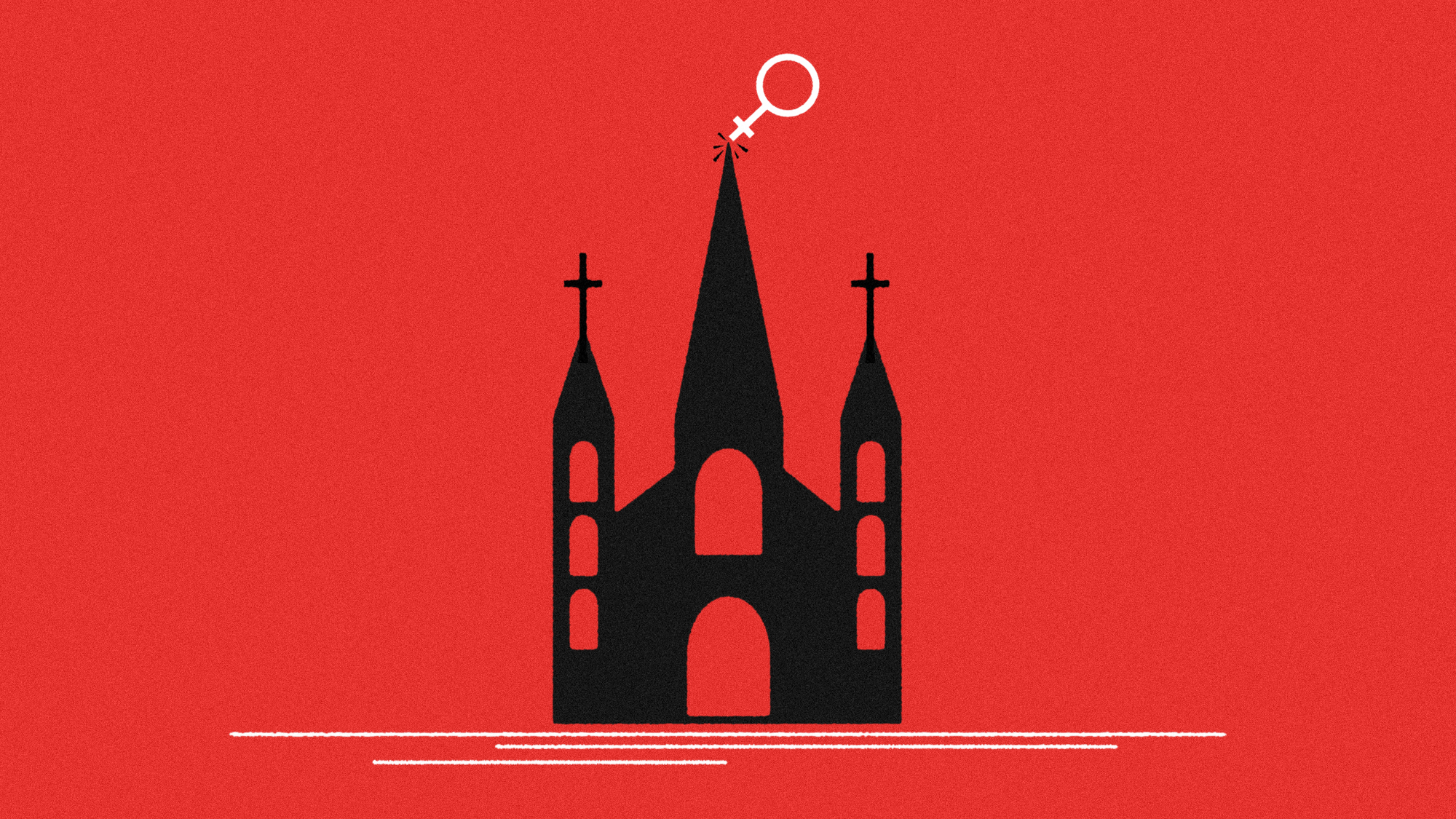 Young women are leaving the church
Young women are leaving the churchTalking Points They've been the 'backbone' of their congregations. What changed?
-
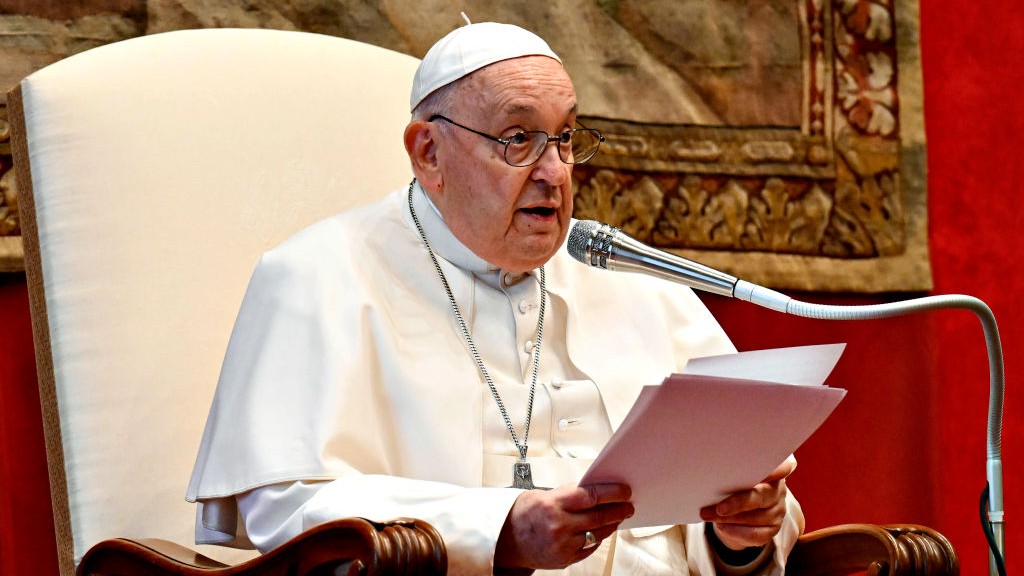 The potential consequences of Pope Francis' call for a ban on surrogacy
The potential consequences of Pope Francis' call for a ban on surrogacyTalking Points Francis called the practice 'despicable' and a 'commercialization' of pregnancy
-
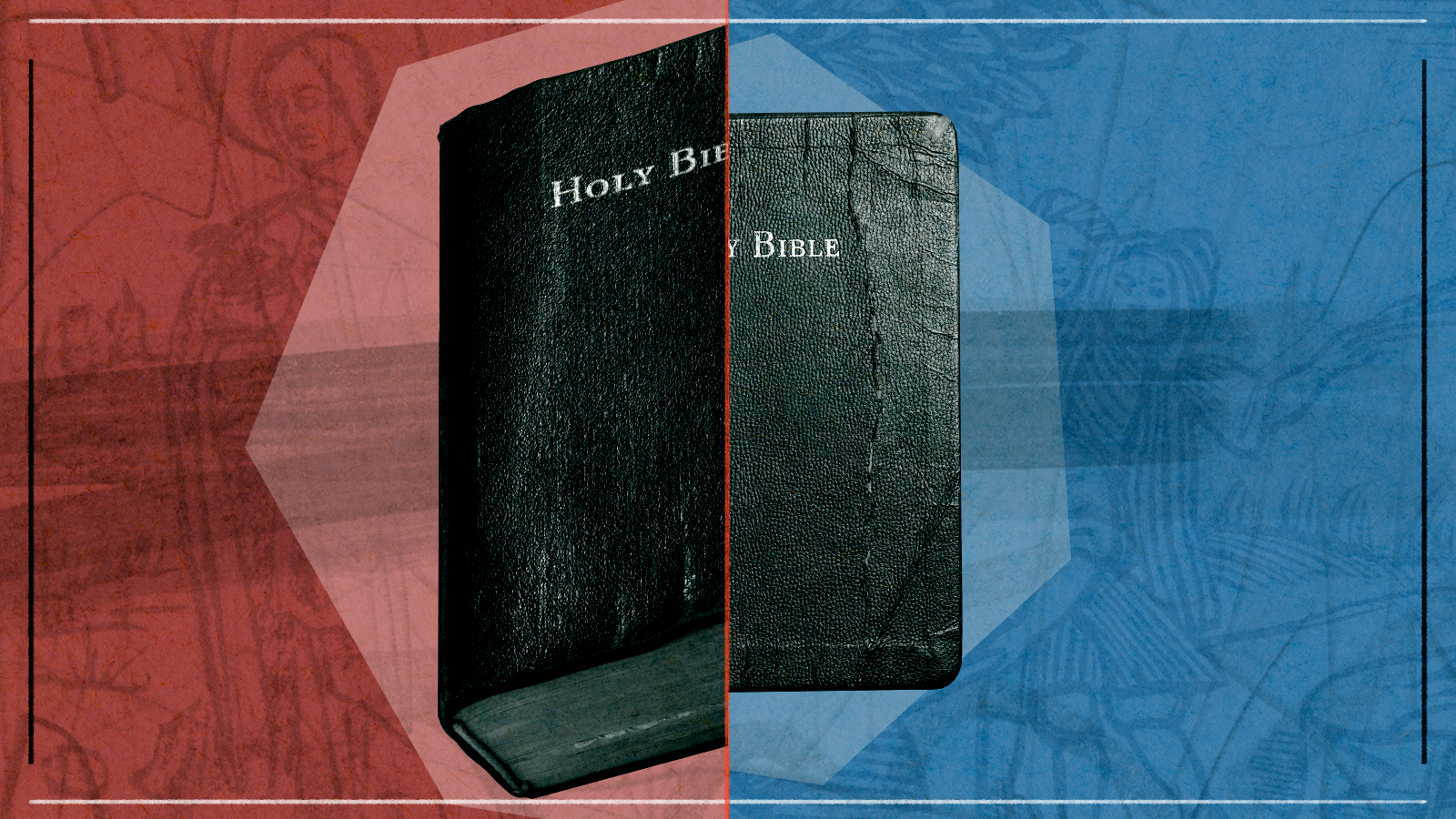 The divided Methodist church?
The divided Methodist church?Talking Point
-
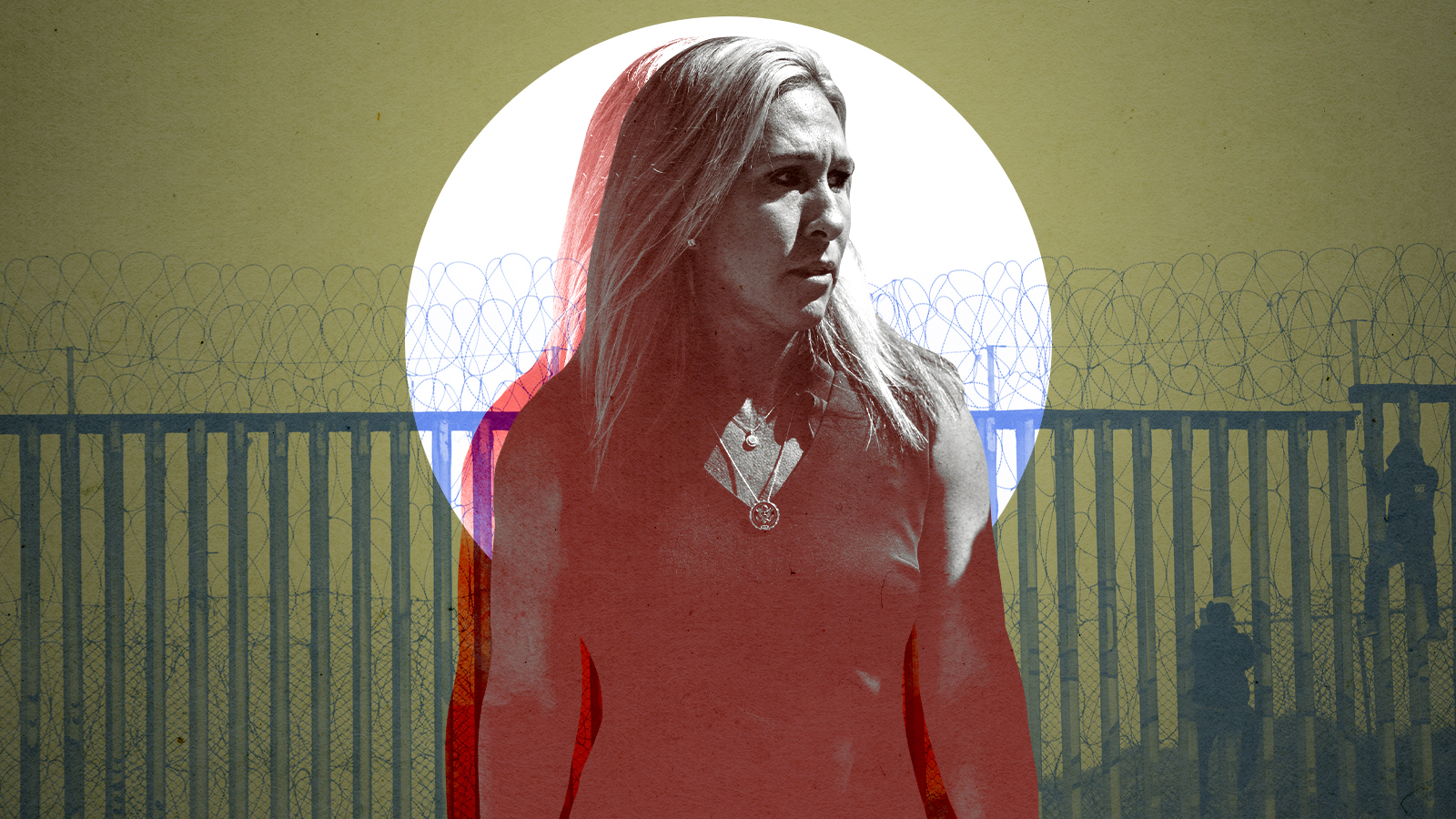 Marjorie Taylor Greene's glib anti-immigrant theology
Marjorie Taylor Greene's glib anti-immigrant theologyTalking Point
-
 Will anyone be happy with a post-religious America?
Will anyone be happy with a post-religious America?Talking Point
-
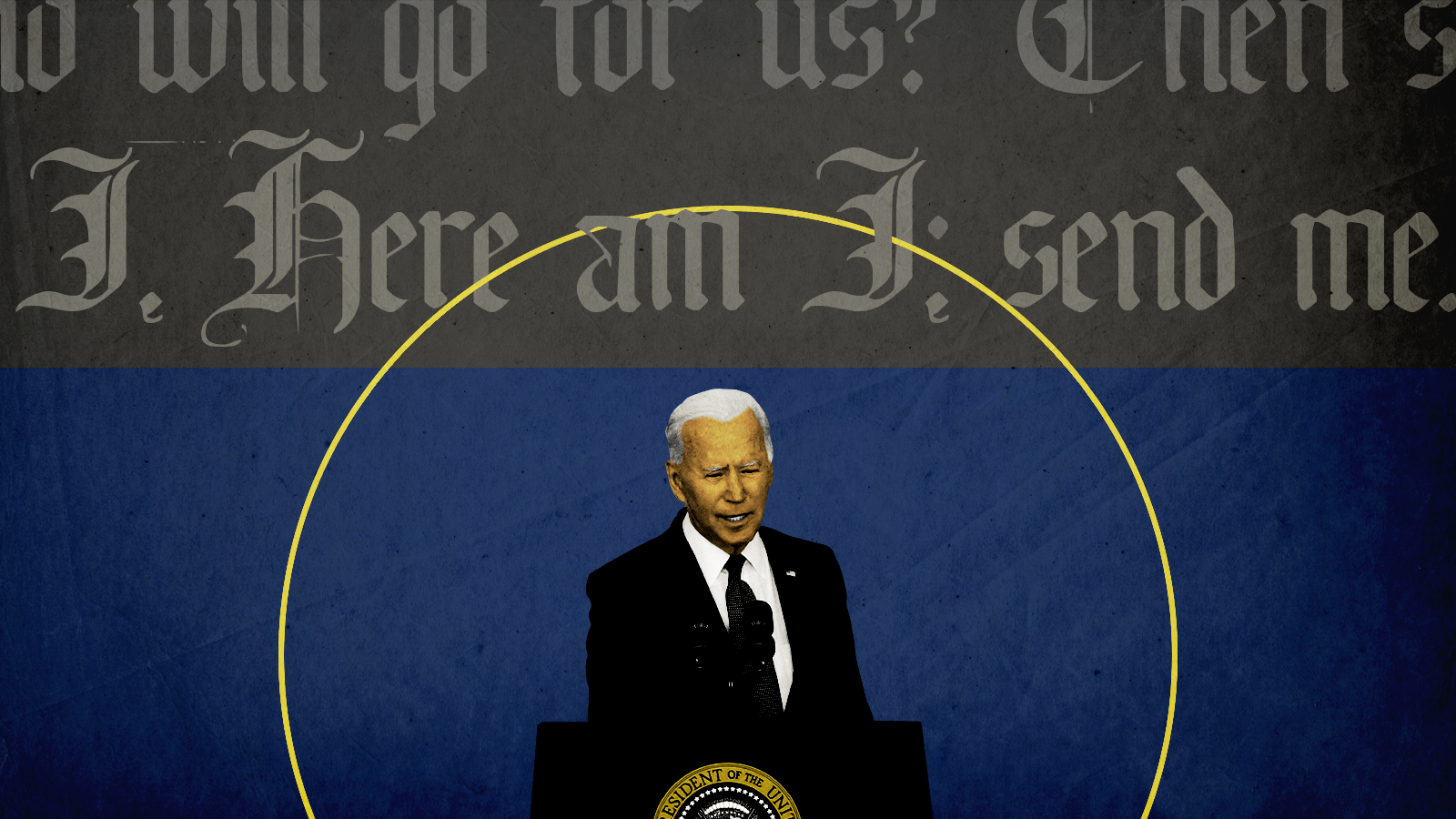 Biden chooses the wrong Bible verse
Biden chooses the wrong Bible verseTalking Point
-
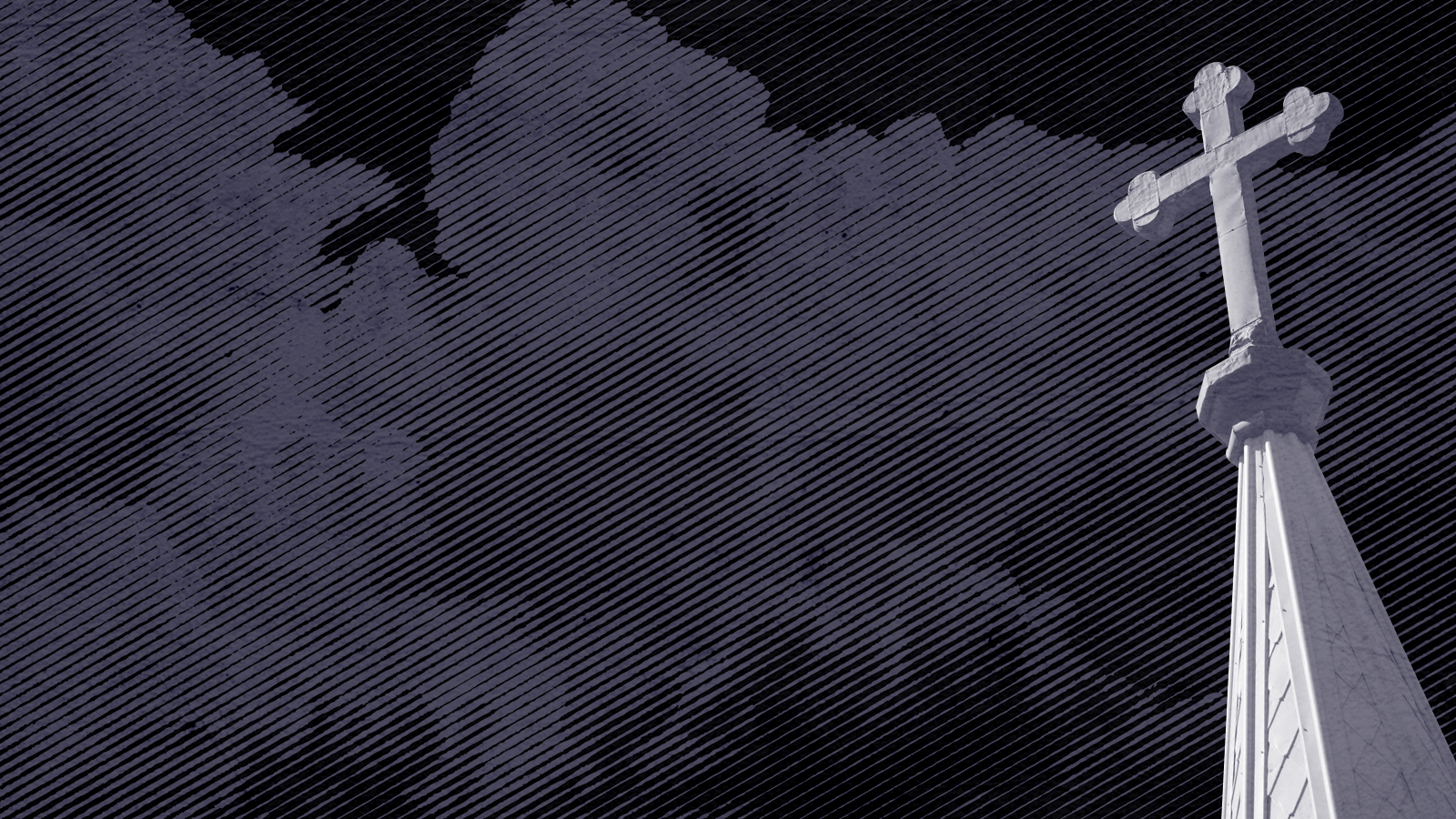 What the latest church scandal teaches about the Catholic right
What the latest church scandal teaches about the Catholic rightTalking Point
